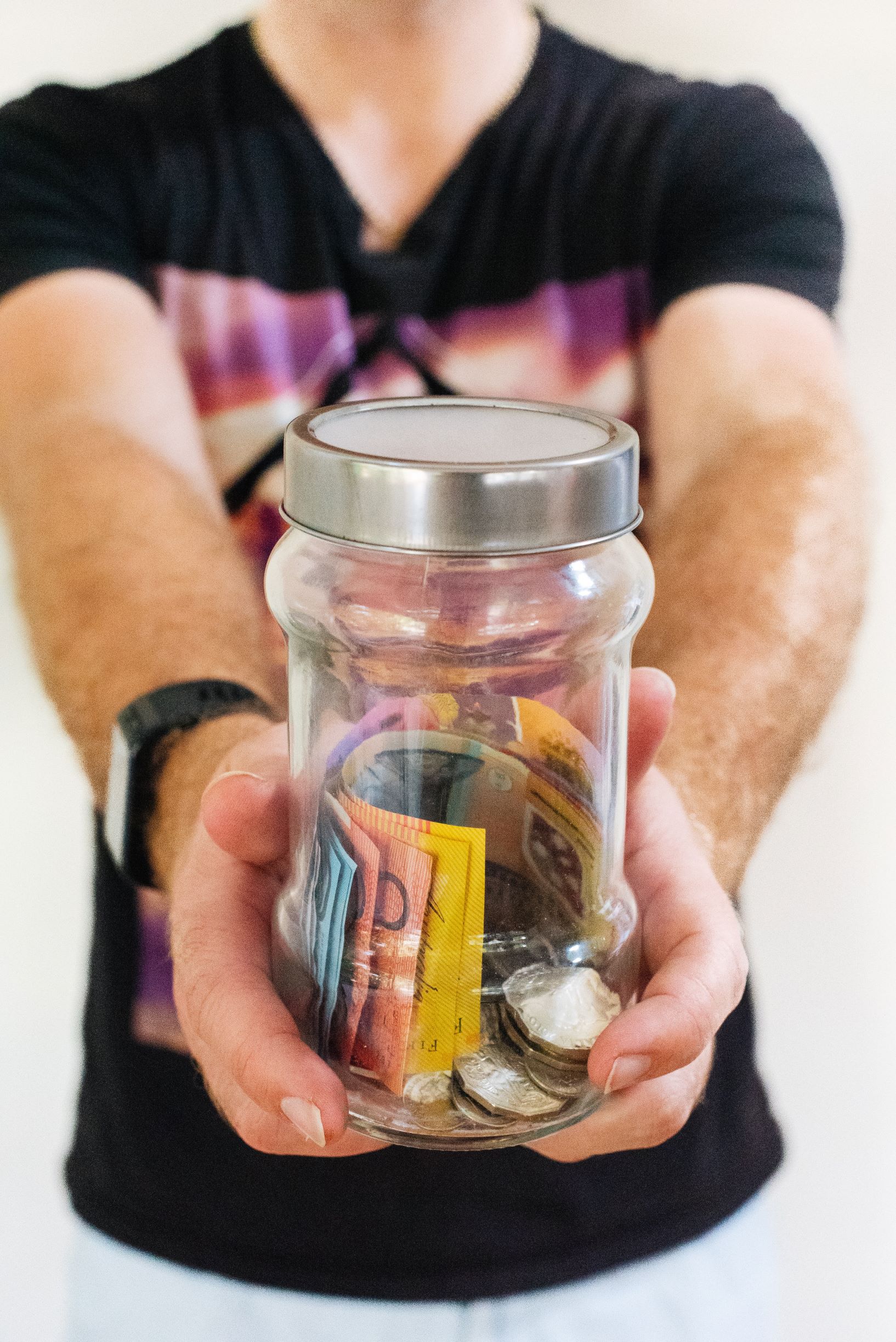The huge mistake most mortgage holders don’t know
Adapted from: The huge mistake most mortgage holders don’t know. Nicole Pedersen-McKinnon| Sydney Morning Herald| 27 February 2021
 As the coronavirus pandemic hit last year and budgets threatened to break, CBA sent a letter to mortgage holders saying their repayments would be automatically cut to the minimum.
As the coronavirus pandemic hit last year and budgets threatened to break, CBA sent a letter to mortgage holders saying their repayments would be automatically cut to the minimum.
Sounds helpful, doesn’t it? Yes, it eases the purse-string pressure but… it also earns CBA a bucket load more interest. Every loan on its books reverts to the full contracted, say, 25 or 30-year term.
You should get in touch with CBA and actively stop this from happening.
The difference between your minimum repayments and actual payment goes directly into your mortgage and effectively forms a redraw component.
However, relying on redraw can be risky.
ME Bank last April controversially recalculated and reduced the money that was available for redraw from loans. At about the same time, CBA took the minimum repayment move.
ME quickly backed down amid a public backlash.
Essentially, there is no guarantee that excess money you have sitting in your mortgage will be available for you to take, should you want it. It is in many loan contracts that this can be frozen if you get into financial difficulty.
There is also a strategic reason not to park one cent of extra money directly within a home loan: it pays down the loan balance and could cut you out of potential tax deductions in future. If you later decide to turn that property into an investment, your deductions would be based on your lowest loan balance.
So, what is the answer?
Instead, keep all additional repayments in an offset account that runs alongside your mortgage but gives you an identical interest saving.
This way, you keep your options open in case you want to move to a new home down the track but retain your existing property to rent.
Better still, the deposit for your next home is sitting right there in the offset – readily accessible.
You can take the advantage further by parking in multiple offset accounts every dollar you have to your name.
You can sometimes have up to 10, individually named offset accounts so that your funds do not get mixed up. Things such as school fees, holidays, new couch/kitchen and your emergency fund, which should preferably be six months’ salary. This way you can use each of those dollars, effectively twice: both for their intended purpose and to save you loan interest.
If you park $30,000 in these offsets at all times against a $400,000 mortgage, at an average long-term interest rate of 5 per cent, you would save more than $66,000 in interest and shave almost 2.5 years off your loan term – for free.


 Origin Finance is a
Origin Finance is a

Leave a Reply
Want to join the discussion?Feel free to contribute!